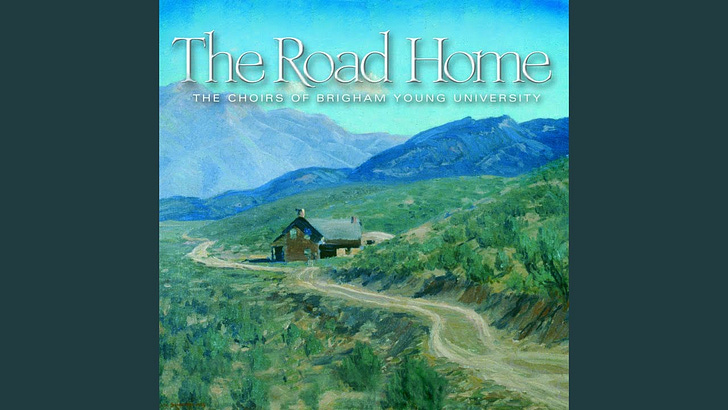The 1890’s was a decade of great hope — and retrospection — in the United States. On the one hand, what is a mere one hundred years to a nation? But on the other hand, the new nation’s first century was marked a second war with England in the teens, by bitter civil war and the 60’s, and by great and life-altering innovations in transportation and industry. There was indeed a lot to contemplate as the turn of the new century, the 20th, drew near.
In the earliest part of the 19th century, American writers yearned to establish a distinctly American literature, separate from the young nation’s inescapable literary debt to England. That century gave us such works as Longfellow’s “Song of Hiawatha,” Cooper’s The Last of the Mohicans, Irving’s comic History of New York, Hawthorne’s tale of the American Puritans, The Scarlet Letter, Melville’s great epic whaling novel, Moby-Dick, and Mark Twain’s novels about the Missouri frontier, such as Huckleberry Finn. If I may say it, great and truly American literature came naturally to writers in the nineteenth century. But what about a distinctly American music? How did that come about, and what has this to do with today’s song? Some folks mark the 1892 as the year that gave American music the push to come into its own. How is that?
Well, it happened that socialite and patron of the arts named Jeannette Thurber had long been working to establish a National Conservatory of Music in New York City to provide a place to train and foster American musicians and composers. This work was her ministry, and she set her sights high in her search for a director. She found him in Antonin Dvorak, who at that time in his career was considered the world’s greatest living composer. Dvorak (whom I have written about here) agreed to serve for three years in this position and also accepted commissions to compose several pieces of music during his tenure.
One of these compositions became his most successful orchestral piece, “New World Symphony,” which he said was inspired by music of the native Americans, the African Americans, and the Scottish folk songs which were popular in America. Dvorak’s “New World Symphony” was the first symphony written in America, and the composer declared that he would never have written such a piece if he had not visited the place itself. One of the instructors at the National Conservatory, a fellow who studied composition with Dvorak himself, went on to teach some of the most important American composers of the early 20th century, notably Aaron Copland, George Gershwin, and Duke Ellington.
Set with words by Dvorak’s friend, composer William Arms Fisher, “Going Home” had such authenticity that it was often mistaken for a genuine Negro spiritual. In fact, Dvorak’s personal assistant Harry T. Burleigh, then a student at the Conservatory, Harry T. Burleigh, introduced the composer to African-American music by singing Negro spirituals to him by the hour. Dvorak loved this music so much that he recommended that Burleigh arrange the spirituals for choral singing, and the result was the first hymnal devoted to these songs.
Likewise, Dvorak was first introduced to the music of the best American composer of the 19th century, Stephen Foster, during his time in New York. He was so impressed with Foster’s work that he composed a setting of his own for “Old Folks at Home.” And his praise did a great deal to restore Foster’s reputation as a composer, a reputation which had faded somewhat and had suffered some disparagement in the years after his death. Dvorak’s genuine appreciation of American popular music was significant and prophetic, in fact. In his parting comments as he prepared to return home to Bohemia, he anticipated that a great flowering of American music would come from those folk sources. As he said,
“I must give full expression to my firm conviction that just as this nation has already surpassed so many others in marvelous inventions and feats of engineering and commerce, and has made an honorable place for itself in literature in one short century, so it must assert itself in the other arts, and especially in the art of music.”
And so let’s listen to “Going Home,” the hymn taken from Dvorak’s American-inspired “New World Symphony,” arranged beautifully for a male choir by Rosalind Hall. This work has made its way to many hymnals, and was sung at the funerals of presidents Franklin Roosevelt and of Gerald Ford.
I listened to many of choral adaptation of the Largo from Dvorak’s “New World Symphony” and found this recording by the BYU Men’s Choir most moving.




Made me pause.
Made me cry.
Grateful.
Dvorak’s “New World” Symphony is my #1 favorite Classical Music symphonic piece … the Largo never fails to result in tears rolling down my cheeks … it rips my heart out of my body and squishes it to mush … sooooo gorgeous ❣️❣️❣️